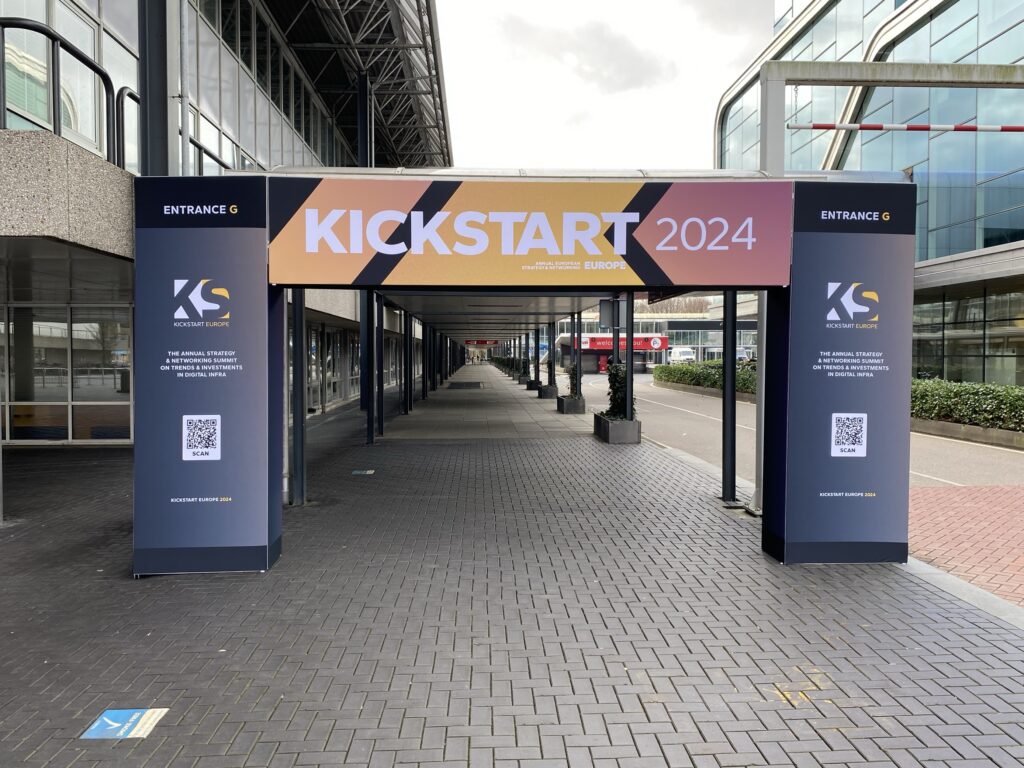The UK’s Chancellor of the Exchequer, Rishi Sunak, delivered his spring statement yesterday and set out the Government’s measures to combat spiralling energy, food and fuel prices. The announcement was made as tensions mount in the Russia-Ukraine conflict and on the same day inflation figures revealed they had hit a 30 year high of 6.2%.
The Chancellor confirmed that consumers should brace themselves for things getting even more expensive at a faster rate later in the year. Official forecasts from the Office for Budget Responsibility (OBR) warn that inflation will average at 7.4% this year and will peak at about 9% by the end of 2022.
Key points of the spring statement:
- The income threshold for people to start paying NI will rise to £12,570 in July, which the Government predict is worth over £330 a year for millions of workers
- NI increases (healthcare levy from autumn budget) will still go ahead
- The Chancellor pledged to cut the basic rate of income tax from 20p to 19p in the pound before the end of this parliament in 2024
- Fuel duty will be cut by 5p per litre for a period of 12 months
- Home owners installing energy efficiency products such as insulation, solar PV or heat pumps will benefit from zero VAT for five years
- The UK’s economy is forecast to grow by 3.8% this year according to the OBR, a drastic cut from its previous prediction of 6.0%
- The rate of unemployment is expected to be lower over the next few years than in the OBR’s previous forecast last October
- Debt as a percentage of Gross Domestic Product (GDP) is expected to drop from 83.5% of GDP in 2022/23 to 79.8% in 2026/27
Commenting on the Chancellor’s statement, Scott Smyth, Founder and CEO of Soben, said: “At a time where world events and inflationary pressures are having a significant impact on the cost of living, there was not a great deal included in the statement that directly concerned the construction industry.
“However, I am pleased to see the Chancellor quash VAT for home owners to retrofit their properties with energy saving measures which will help reduce carbon emissions. The industry has been crying out for years for this to happen so it is better late than never as the UK moves towards net zero.
“I feel the 5% cut in fuel duty will be of little consolation to the construction industry, but stopping the planned NI increase would have allowed businesses to invest more to recover from the pandemic and increase staff wages to help smooth over the inflationary pressures we are facing.
“I also feel the industry needs a training boost and a general drive to get more people involved in construction. We are experiencing shortages across the board, vacancies are at its highest level for over 20 years and there is a real lack of skilled workers and competition for talent.
“The construction needs investment in its people and capital projects to help create a stronger economy to drive the UK away from the cost of living crisis to aid recovery from the global issues that COVID-19 brought us.”
Looking ahead at the autumn budget, the Chancellor announced a series of studies that are taking place consisting of reviews into Business Investment Tax, R&D Tax credits and the Apprenticeship Levy.



















